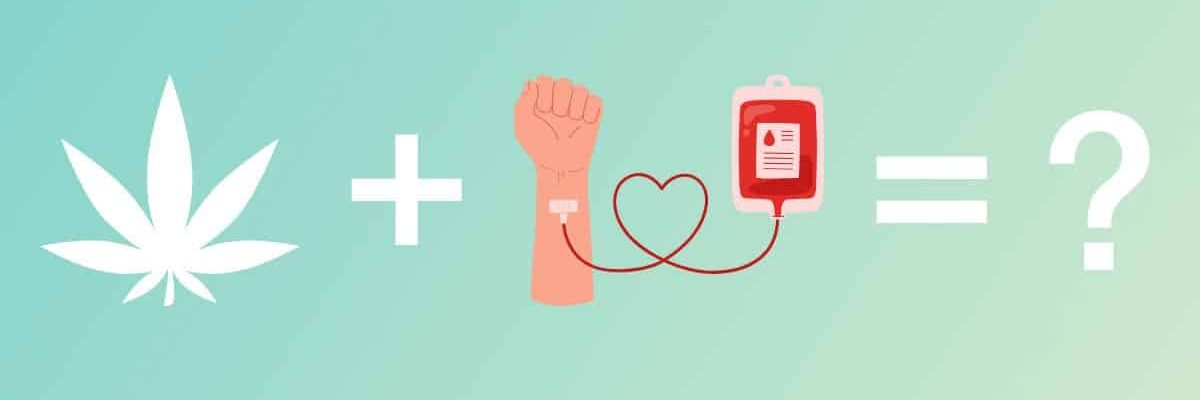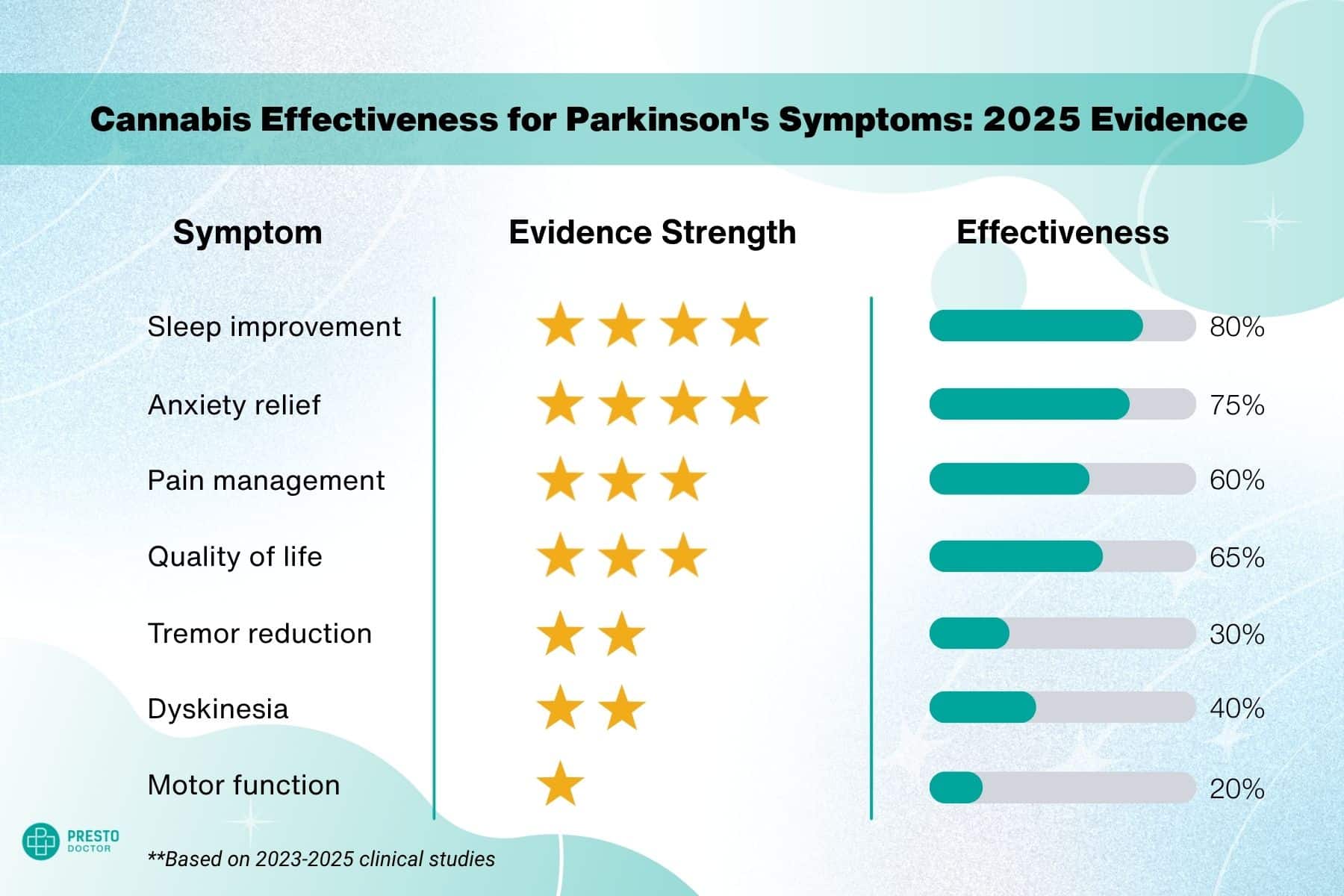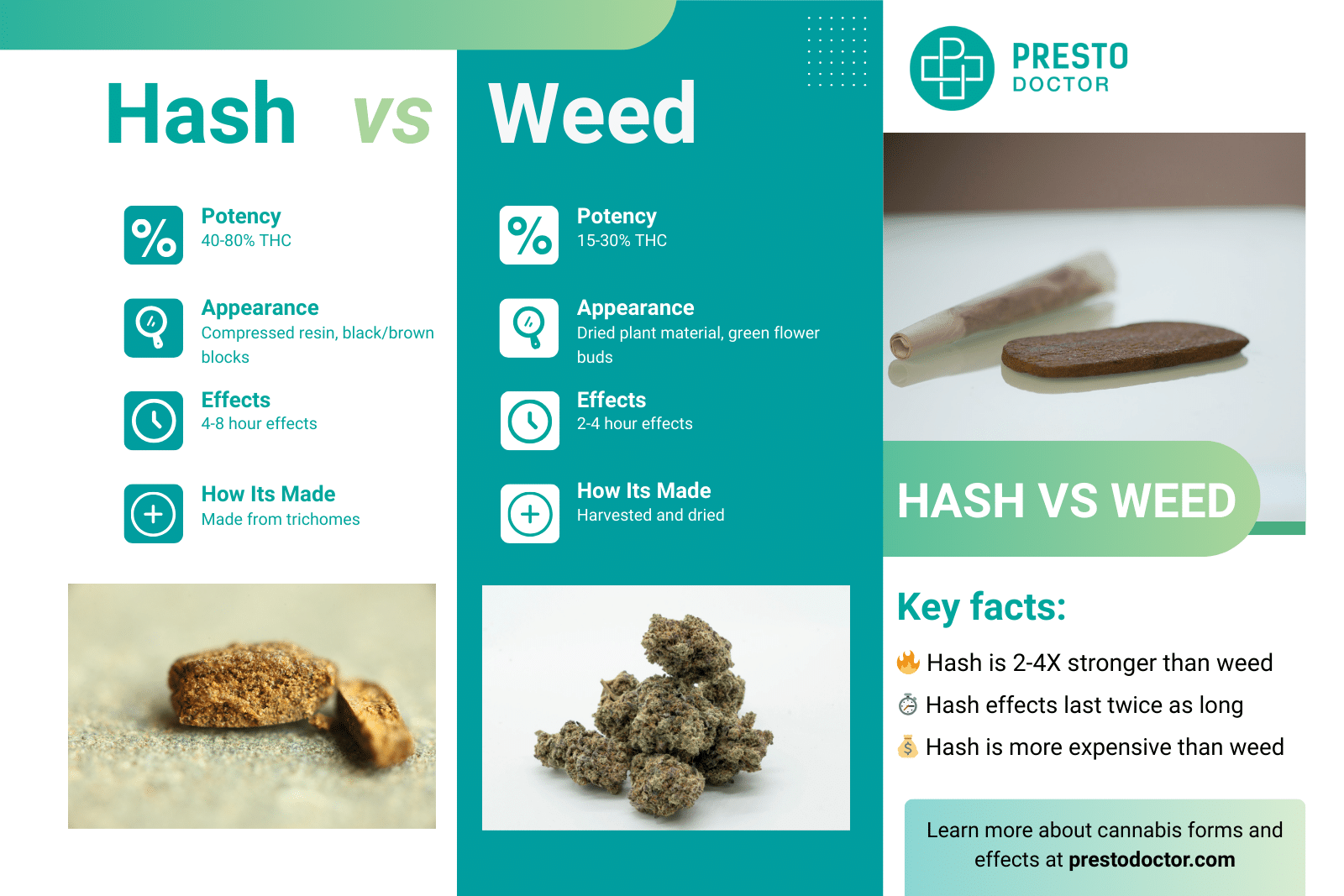
The world is a stressed-out place. From wars and famine to everyday pressures dragging us down, stress is taking a toll on almost all of us. A 2017 Gallup poll of Americans found that 44% frequently experience stress in their daily lives. 35% reported sometimes experiencing stress, while only 4% claimed to never encounter any.
That 4% also unknowingly became the likely envy of most of the world who long for a stress-free day. Lucky them, yeah?
Primary causes of stress include health care, the economy and trust in government. However, additional reasons like hate crimes, war, terrorist attacks and other governmental problems ranked close behind. As the American Psychological Association’s 2017 Stress in America report notes, America now has four generations that equally report stress around similar topics of war as well as high profile tragedies of civilians and public figures. Compounded with daily life stress, and it’s no surprise that a growing number are seeking solutions from a range of sources. This includes many asking if medical cannabis and stress management go hand-in-hand.
The Three Types of Stress
People can experience three varieties of stress. Beyond small doses, stress can derail our days and even lives. Stress’s impact on our lives ranges from becoming more forgetful to withdrawing socially, to depression, digestion problems and much more. The three types of stress we experience are:
Acute Stress
 Acute stress is the most common form you’re likely to suffer. It is the short-term anxiety that is often manageable. However, when experienced in more significant doses, acute stress goes from thrilling to overwhelming.
Acute stress is the most common form you’re likely to suffer. It is the short-term anxiety that is often manageable. However, when experienced in more significant doses, acute stress goes from thrilling to overwhelming.
The most common symptoms include the three stress emotions: anxiety, depression and irritability. Beyond your feelings, acute stress can cause body pains, headaches, digestion issues as well as effects to your blood pressure and heartbeat.
Episodic Acute Stress
Ever feel like you are always worrying? Alternatively, maybe your type-A personality has shifted from helpful to harmful in your daily life? Then, you may want to discuss episodic acute stress with your physician. Typical cases involve a person who places blame on external factors and pursues endeavors that they believe will relieve them of their stress.
Those that suffer from episodic acute stress are likely to experience similar symptoms to acute stress, including more prolonged periods of depression and other forms of mental distress. One study into the effects after a 1972 hurricane in Pennsylvania revealed three different coping styles for acute stress. In the course of the study, the results led some to wonder if how we deal with our stress is more important than the cause.
Chronic Stress
When feeling down and out, unable to overcome your circumstances, you may be going through chronic stress. It is the grinding, inescapable situations in life that often elicit this condition. If a person feels trapped in their position, they can give up and resign to their situation. The consequences of chronic stress can lead a person to suffer strokes, heart attacks, develop cancer, and in extreme cases, consider suicide.
The Findings On Medical Cannabis and Stress Management So Far
 Only a few studies exist on medical cannabis and stress at this time. A 2017 study conducted by the University of Illinois at Chicago and the University of Chicago found that low-dose THC has the potential to relieve stress. However, larger doses can do just the opposite. These findings may not surprise users, but the results do provide evidence related to both calming down and losing your cool when smoking cannabis. Not so surprisingly, due to federal regulations, this was one of the first tests to confirm what many had already known.
Only a few studies exist on medical cannabis and stress at this time. A 2017 study conducted by the University of Illinois at Chicago and the University of Chicago found that low-dose THC has the potential to relieve stress. However, larger doses can do just the opposite. These findings may not surprise users, but the results do provide evidence related to both calming down and losing your cool when smoking cannabis. Not so surprisingly, due to federal regulations, this was one of the first tests to confirm what many had already known.
A 2018 Washington State University study noted that “Medical cannabis users perceived a 50% reduction in depression and a 58% reduction in anxiety and stress following cannabis use. Two puffs were sufficient to reduce ratings of depression and anxiety, while 10+ puffs produced the greatest perceived reductions in stress.”
Furthermore, its studies found that women reported more significant drops in anxiety when using cannabis. Other results suggest that low THC/high CBD cannabis treated depression best. Meanwhile, a high THC/high CBD combination was best for managing stress. Similarly so, the results found that medical cannabis as a stress aide may make depression worse over time.
As we wait for more official data on the subject, a less conclusive study can be found on sites like Leafly that detail user experiences and provide detailed strain reviews. They also provide a detailed exploration of strains broken down by medical conditions, moods and other factors. We’re also happy to provide you some insight with our Strain Spotlight each week on social media.
A post shared by PrestoDoctor (@prestodoctor_official) on May 21, 2018 at 9:58am PDT
Should You Use Medical Cannabis for Stress?
As is the case with most of the cannabis research, we sorely lack scientific evidence to make a firm conclusion at this time. However, initial results do seem to show the medical cannabis and stress management do work together in some cases. However, lower dosages and correct THC to CBD ratios, play an essential part in any treatment plan.
Additionally, the type of stress you experience is sure to vary from what another patient experiences. While medical cannabis could help in cases of acute stress, it appears that it may not to be a viable primary treatment for episodic and chronic stress. In these instances, in particular, you should speak to your mental health provider when symptoms begin to arise.
With results far from conclusive, it is best that patients stay up to date on the latest developments and consult with their professionals before making any treatment plans. We’ll be sure to keep you posted with all the latest news!






